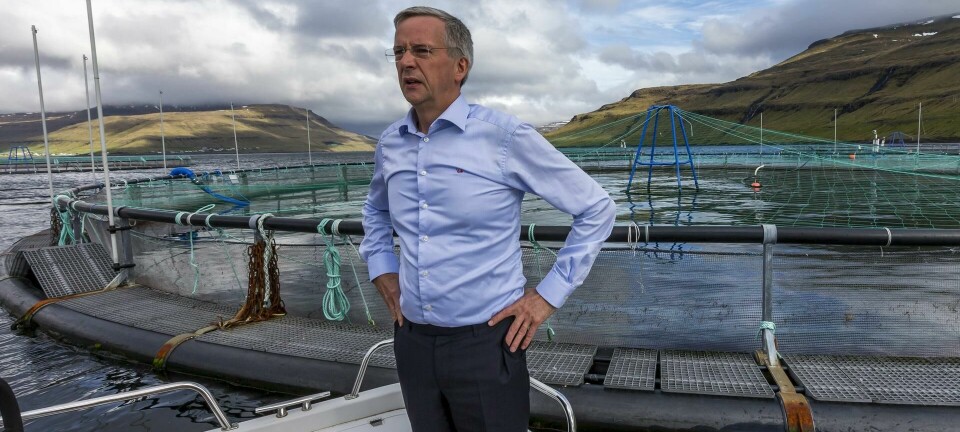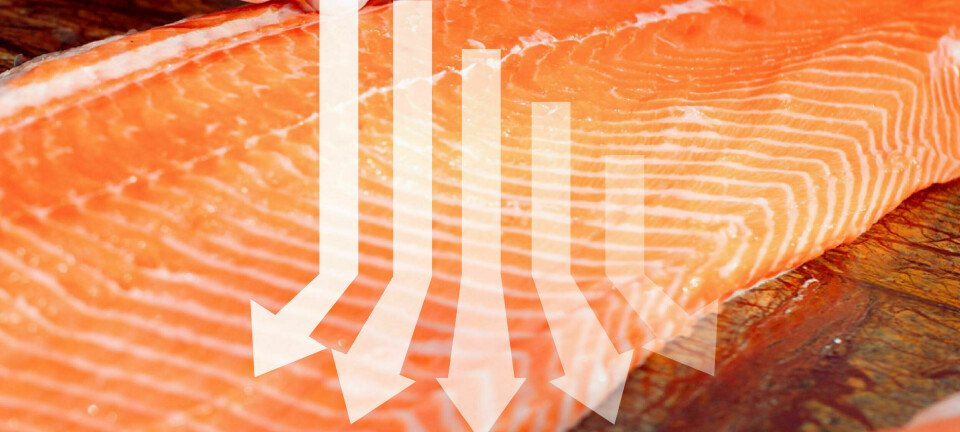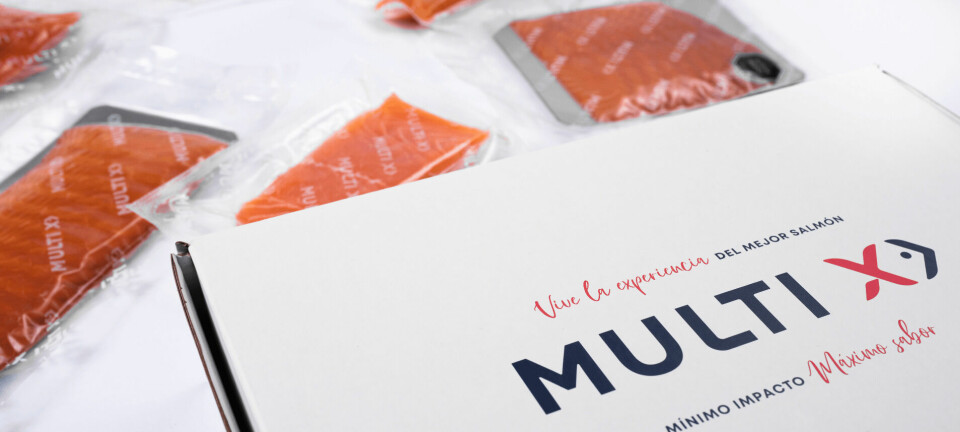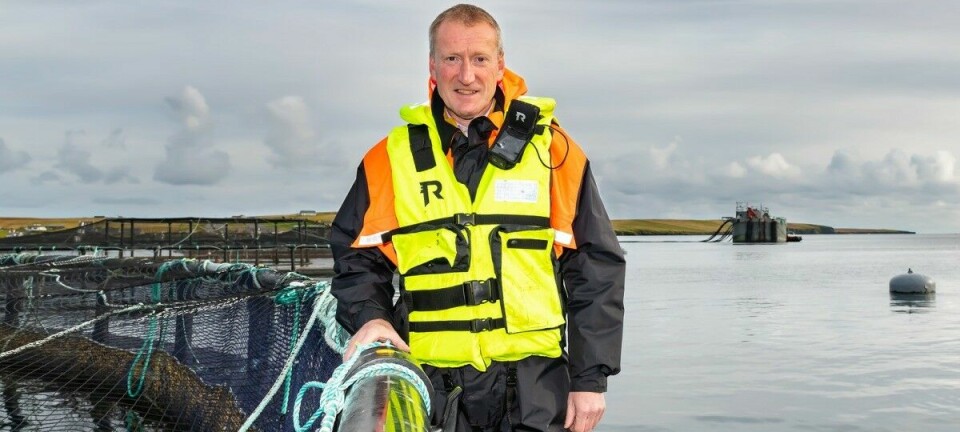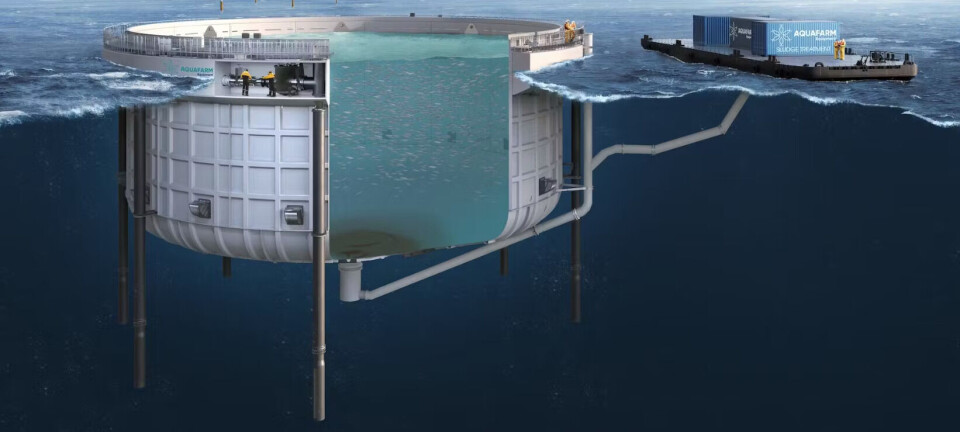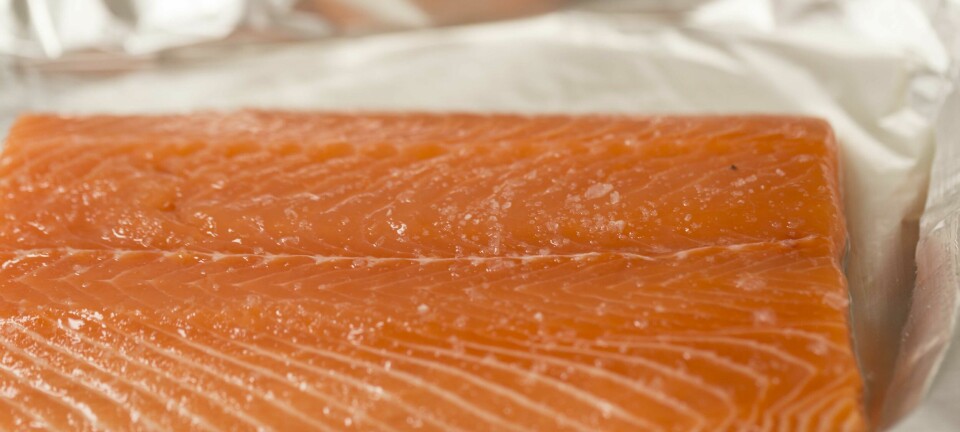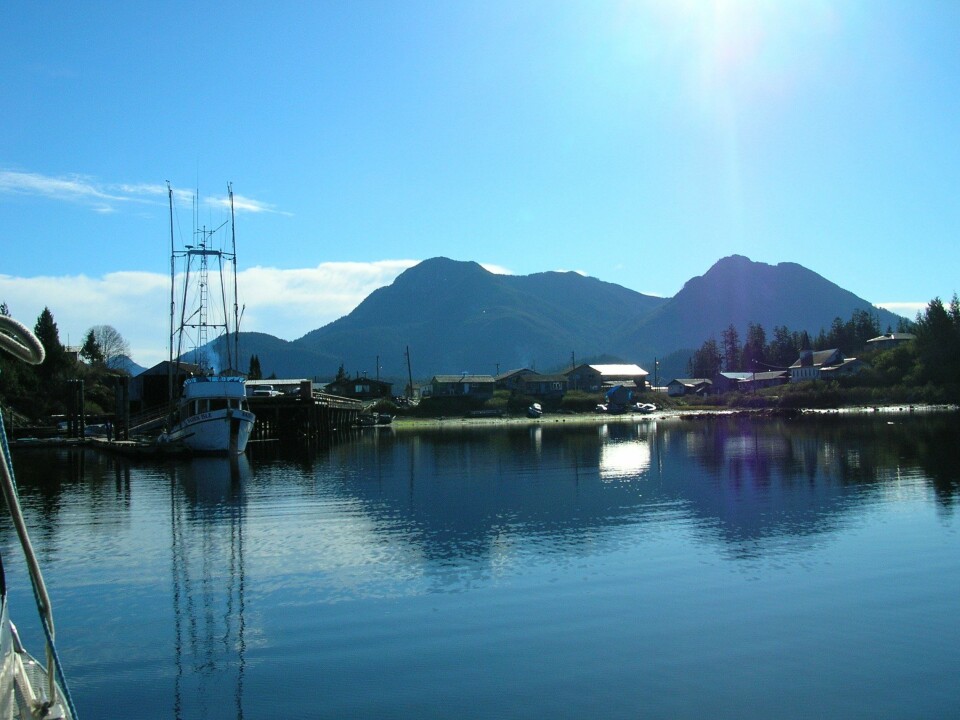
B.C. Aboriginal group celebrates aquaculture agreement with Mainstream Canada
Odd Grydeland A dozen years ago, the Ahousaht Nation based outside Tofino on Vancouver Island’s west coast didn’t see any humour in the fish farms that had been set up near their home community. But after a lot of negotiation and discussions with the former owners of the farms and Mainstream Canada, the current operator, an agreement was struck this winter. A celebration of the signing of this agreement was held in the island community of Ahousaht last Saturday, and Stefania Seccia of the Westerly News provides some insight;Officials from Mainstream Canada joined the Ahousaht First Nation in their traditional territory last Saturday to celebrate a new five-year protocol agreement that was signed Jan. 8. Mainstream has been working in Ahousaht for 10 years and the last protocol was up for renewal. For the past two years the two groups have been assessing and working out the new, amended protocol. "It was two very long years up and down," Fernando Villarroel, Mainstream Canada's managing director, said. "But we managed to get a protocol that's beneficial to Ahousaht." There are currently 13 active farm sites in Ahousaht's territory. That number can go up to 16. There is also a pristine area that is kept free of aquaculture, according to Laurie Jensen, Mainstream's environmental, compliance and community relations manager. The protocol acts as a set of guiding principles in establishing a sustainable salmon farming operation. Elements of it include economic benefits, training and education programs, salmon enhancement funding, employee training, contracting and business opportunities. The Ahousaht community will also be privy to Mainstream shares. As shareholders the community will have more say, "because we've become a whole lot more aware of fish farming and it's fairly new in our area and people have become more aware of what it takes," Wally Samuel, Ahousaht's fish farm committee co-chair, explained. "[The community sees] what shouldn't be allowed in our area so we're able to mention that." The previous protocol had miscommunications in it and did not go into enough detail, according to Samuel. But this time the Ahousaht received 90 per cent of what it asked of Mainstream and the next step is full implementation. "The last one was sort of just agreed that they'll be here and pay something and yes we have training, education components and some shares," he said. "[Now we have a] more meaningful say into the operation.... Let them know where [we] do not want fish farms and indicate the pristine areas." He also noted that not many protocol insights could be provided due to the confidentiality agreement. According to Jensen, the protocol cannot be discussed in great detail because the Ahousaht First Nation wants to keep it private. "It's not because we have anything to hide," Jensen said. "But because they got such a good deal and they don't want others to know the details." There are about 150 employees and First Nations have priority for 50 per cent of the jobs. "We'd like to see 50 per cent of that at least," Samuel said. "We know it's not a guarantee, no one can guarantee that... but they will have a first chance at any opportunities." Samuel said it's up to Ahousaht members to build the capacity for jobs. "That's what the training and education is," he said. "Find out exactly what the careers are in fish farming... hopefully encourage students to get [an] education."









